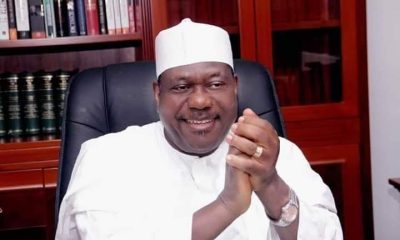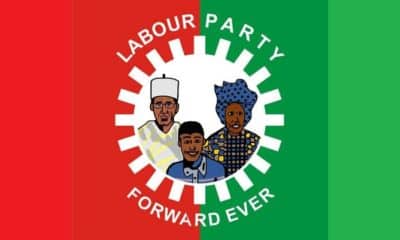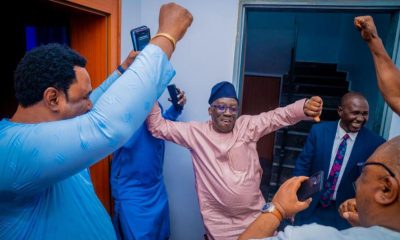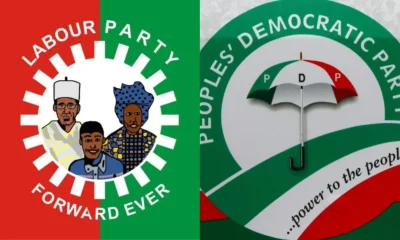Politics
Moghalu Announces Bid For Anambra Governorship, Criticises Soludo’s Leadership
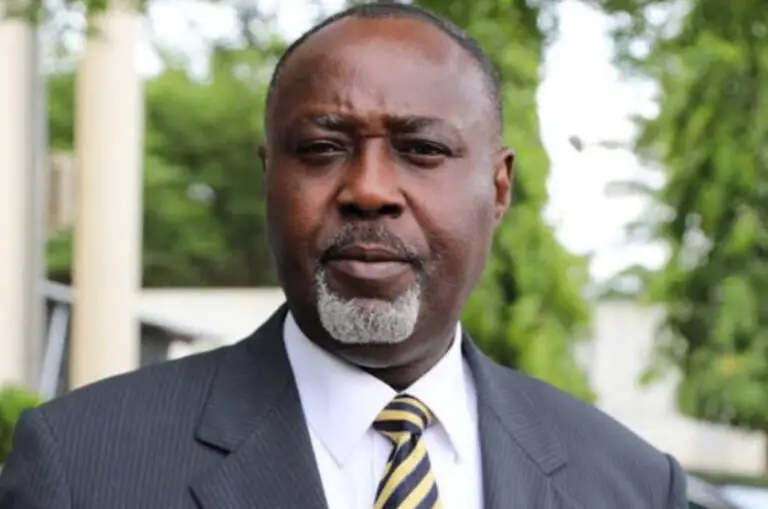
The former Managing Director and Chief Executive Officer of the National Inland Waterways Authority (NIWA), George Moghalu, has officially announced his candidacy for the governorship of Anambra State.
Speaking to reporters at his residence in Nnewi on Saturday morning, Moghalu expressed his belief that current Governor Prof. Chukwuma Soludo has failed the citizens, prompting the need for a change in leadership in the upcoming election.
While there had been speculation about Moghalu potentially running for the senatorial seat left vacant by the late Senator Ifeanyi Ubah, he clarified that his focus is solely on the governorship race.
The former chieftain of the All Progressives Congress (APC) said: “I will be contesting for governor next year and not Senate. I recently resigned from APC, and on October 1, I joined Labour Party.
“Before I did so, I consulted my wife and children, my followers and friends, and I was convinced that Labour Party is the party that aligns with my person and the best suited platform to realize my ambition.”
Moghalu highlighted the urgent need for change in Anambra, pointing out significant issues such as inadequate infrastructure and a breakdown in security under Soludo’s administration.
“We need to redeem Anambra fast because Soludo has failed the people. There is dearth of infrastructure in the state, security has collapsed.
“We will not tolerate him further. What he could not do in four years, he will never be able to do in eight years. You don’t need eight years to develop Anambra,” he remarked.
Acknowledging the existing zoning arrangements in the state, Moghalu noted that he and Soludo both come from Anambra South, which is currently favoured for the governorship position.
He committed to serving only a single term if elected, aiming to complete the rotation of power before it shifts to Anambra Central.
When asked about his departure from the APC, the ruling party at the federal level, Moghalu asserted that local dynamics dictate political decisions.
He emphasized that the choice of leadership should rest with the people of Anambra rather than being influenced by the federal government.



